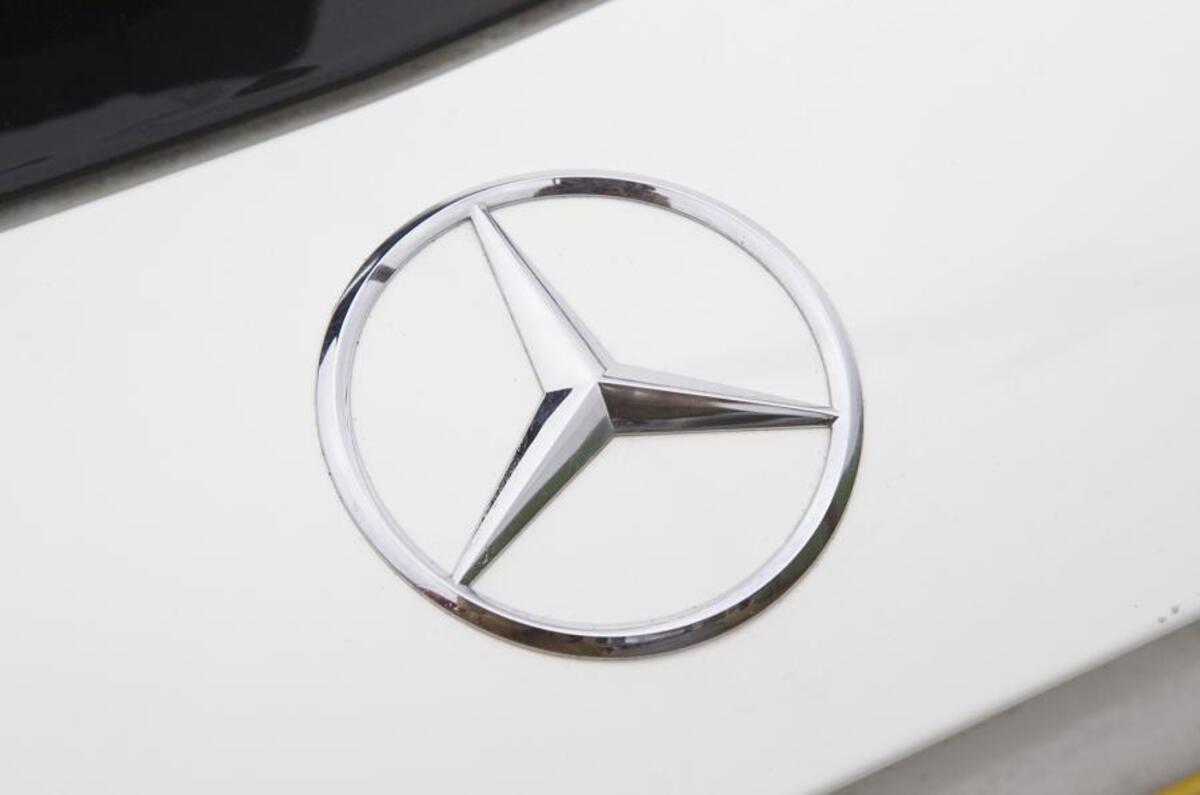Daimler, parent company of Mercedes, is recalling more than three million of its cars in Europe to add software which will reduce emissions - a process the brand hopes will “strengthen confidence” for customers.
The brand, which has recently denied allegations in Germany that it has been cheating emission tests, said its service action provides customers with the option to have new software for cars running with the OM 607 turbocharged 1.5-litre four-cylinder diesel engine, which is used in Mercedes Mercedes-Benz A-Class, Mercedes-Benz B-Class, Mercedes-Benz CLA and Mercedes-Benz GLA models, to lower their output of nitrogen oxide.
Also affected are the engines codenamed OM 651 and OM 642 - the former being 2.0-litre and 2.2-litre diesel four-cylinder units, and the latter being Mercedes' 3.0-litre diesel V6. OM 651 is found in cars including the Mercedes-Benz B-Class, Mercedes-Benz C-Class and Mercedes-Benz E-Class, while OM 642 is used in larger cars, such as the Mercedes-Benz E-Class, Mercedes-Benz S-Class and now Mercedes-Benz GLE-badged M-Class.
The OM 607 engine was co-developed by Renault and is also used in some of its models, badged 1.5 dCi. Autocar is awaiting a response from the French brand to confirm the status of those cars, but it is used in the brand's B- and C-segment cars, such as the Clio, Captur, Mégane, Scenic and Kadjar. It's also used in the Nissan Juke, Micra and Qashqai as part of the Renault-Nissan alliance under the same name.
Nissan released the following statement: “Nissan is of course committed to upholding the law and meeting or exceeding regulations in every market where we operate. All our vehicles sold in Europe meet the Euro 5/6 emission standards. Nissan strongly supports New Real Driving Emissions standards, which will set a maximum level of pollutant emissions in real life conditions.”
This three million cars includes several hundred thousand cars in the UK, according to Autocar data, although an exact figure is still being ascertained by Mercedes-Benz UK.
Comment: The truth about the diesel engine
Daimler said its process, due to cost about €220 million (£195m), is being “carried out in close cooperation with the German regulatory authorities” and allows engineers to add newer, more effective technology to the existing EU5 and EU6 engines. The process will take about one hour per car, with the first cars receiving updates in the coming weeks. The final cars are predicted to be completed late in 2018.
The latest emissions fix plan expands a process that has seen the issuing of new software for a quarter-of-a-million compact Mercedes models since March, of which 45% of affected cars have already received the change. The brand has also carried out a voluntary service action for the V-Class van, where 75% of customer vehicles have been worked on.





Join the debate
Add your comment
Live long and prosper
I've said it before and I'm going to keep on saying it. The only environmentally sound policy for cars is to maximize their longevity. Keeping old cars running is the only way forward, and it will probably be necessary to enforce that policy legally, by restricting the frequency at which any individual is allowed to buy a brand new car. To one in any ten year period for example. No car has ever been made, and none ever will be, which merits the scrapping of an old car with useful life remaining in order to put it on the road.
The real sustainability issue with cars is all about resources, not emissions. Fannying about with useless and stupid electric cars is a red herring and is doomed to failure. They are nothing more than a leftie scheme to control freedom of movement of the people. The vital requirement is to make cars which will be affordable to run for later owners on a tight budget, hence the need to reduce wheel and tyre sizes which have become ridiculous on run of ther mill family cars, and other such regular running costs, as a priority. Longevity is everything for sustainable cars.
Filth lobby
Autocar should be investigating this!
You don't spend circa £200m on "Nothing"! So what are they covering up? Does it include other manufacturers? Did Siemens / Bosch write the software? Who else will be making changes to engine management software without adequate explanation?
Come on Autocar, get your journalistic hat on.